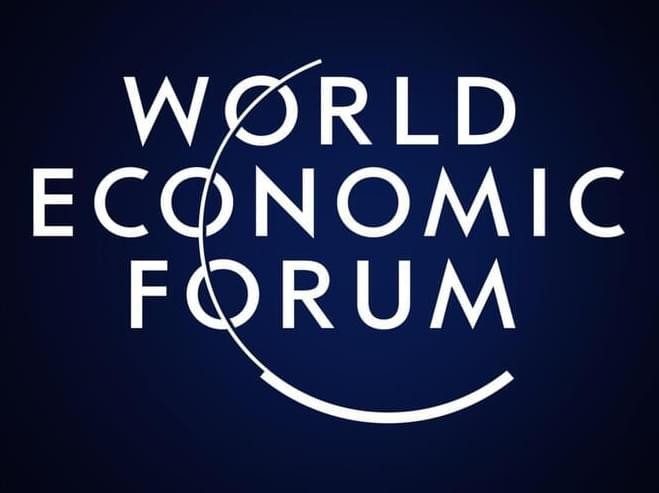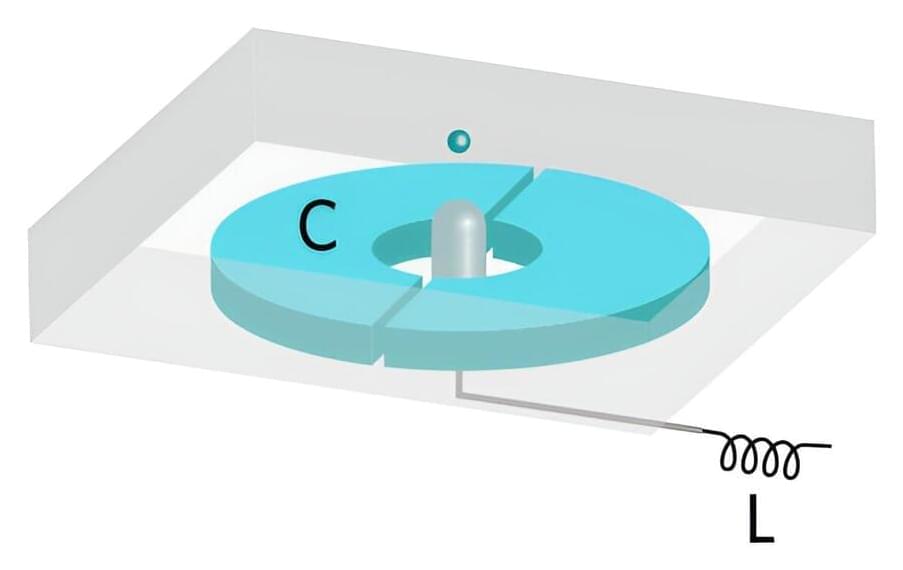Mini-Gemini.
Mining the potential of multi-modality vision language models.
In this work, we introduce Mini-Gemini, a simple and effective framework enhancing multi-modality Vision Language Models (VLMs).
Join the discussion on this paper page.
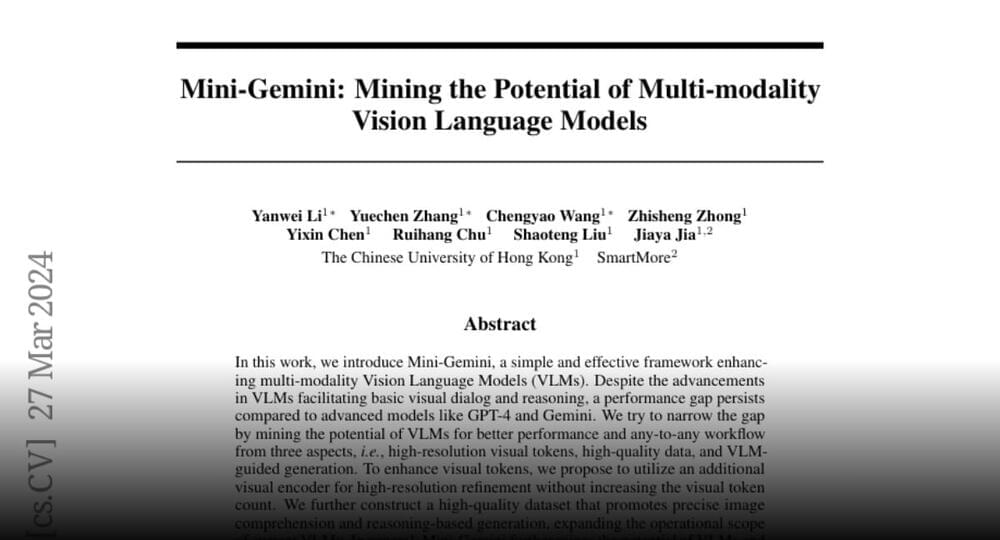
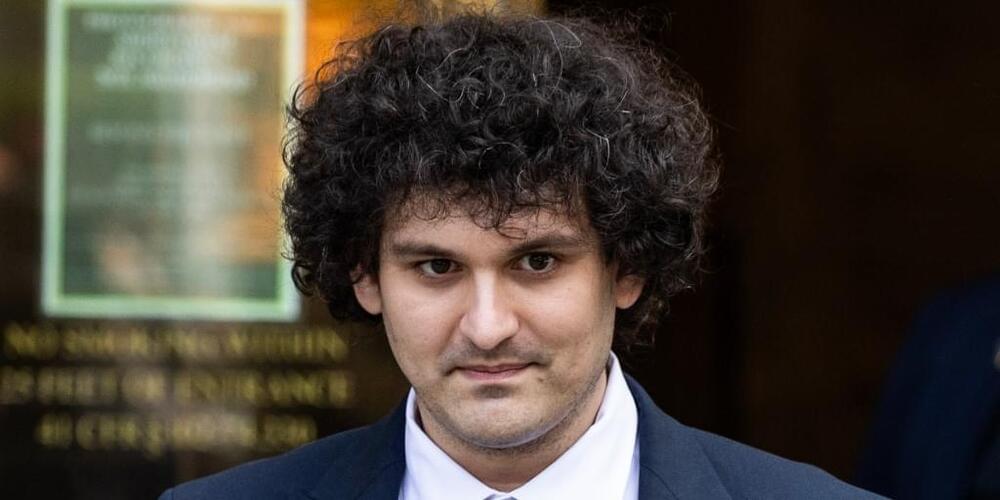
Sam Bankman-Fried was sentenced Thursday to 25 years in prison for his role in defrauding users of the collapsed cryptocurrency exchange FTX. In a Lower Manhattan federal courtroom, U.S. District Judge Lewis Kaplan called the defense’s argument misleading, logically flawed, and speculative.
Bankman-Fried, wearing a beige jailhouse jumpsuit, struck an apologetic tone, saying he had made a series of “selfish” decisions while leading FTX and “threw it all away.”
“It haunts me every day,” he said in his statement.
Prosecutors had sought as much as 50 years, while Bankman-Fried’s legal team argued for no more than 6½ years. He was convicted on seven criminal counts in November and had been held at the Metropolitan Detention Center in Brooklyn since.

At a time when other AI assistants and chatbots are also beefing up their own voice interaction capabilities — as OpenAI just did with ChatGPT — Hume AI may have just set a new standard in mind-blowing human-like interactivity, intonation, and speaking qualities.
One obvious potential customer, rival, or would-be acquirer that comes to mind in this case is Amazon, which remains many people’s preferred voice assistant provider through Alexa, but which has since de-emphasized its voice offerings internally and stated it would reduce headcount on that division.
Asked by VentureBeat: “Have you had discussions with or been approached for partnerships/acquisitions by larger entities such as Amazon, Microsoft, etc? I could imagine Amazon in particular being quite interested in this technology as it seems like a vastly improved voice assistant compared to Amazon’s Alexa,” Cowen responded via email: “No comment.”
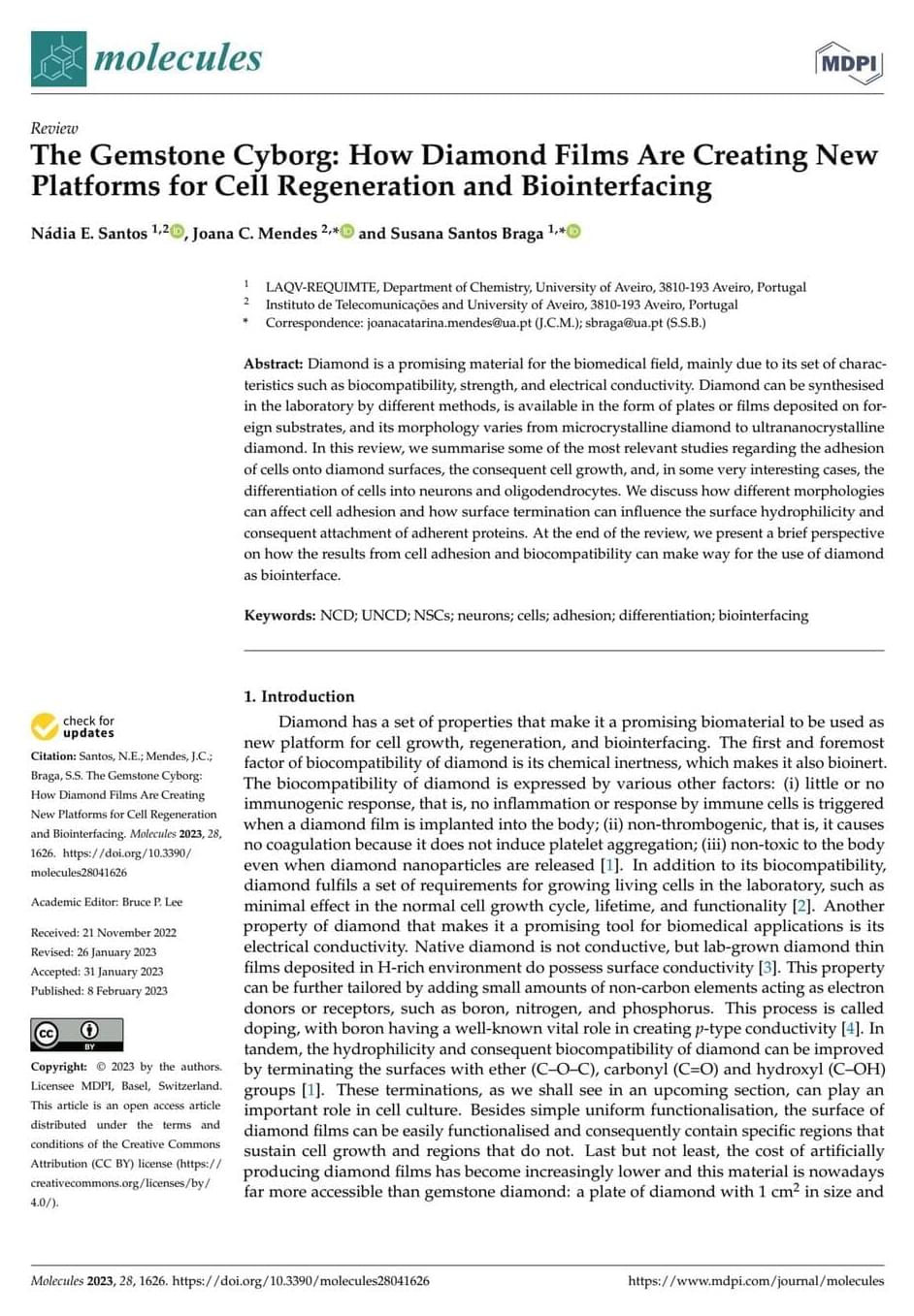
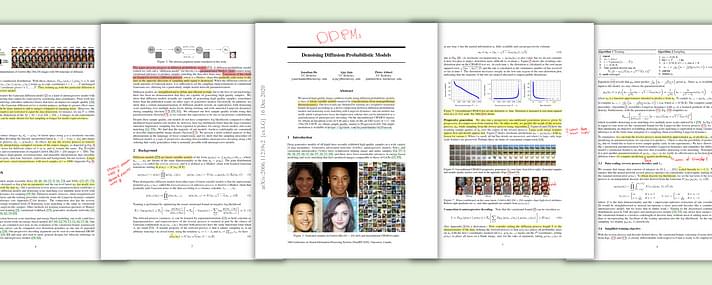
In recent years, technology’s allure has drawn in an increasing number of individuals, promising a faster and easier life. Now, some pioneers are venturing a step further, merging their bodies with technology to enhance their capabilities and extend their sensory perception, giving rise to real-life cyborgs.
Absolute Documentaries brings you the best of entertaining and fascinating documentaries for free. Whether you’re into true crime, stories from around the world, family and social life, science or psychology, we’ve got you covered with must-see full-length documentaries every week.
Subscribe for more premium documentaries: https://bit.ly/AbsoluteDocumentariesY…
From: Cyborgs: Human Machines.
Content licensed from Autentic GmBH to Little Dot Studios. Any queries, please contact us at:
[email protected]
